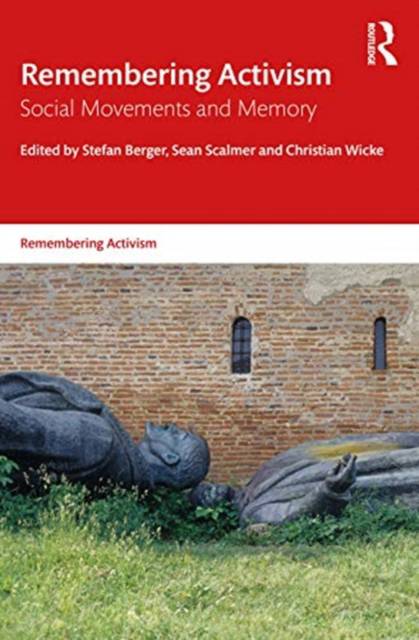
- Retrait gratuit dans votre magasin Club
- 7.000.000 titres dans notre catalogue
- Payer en toute sécurité
- Toujours un magasin près de chez vous
- Retrait gratuit dans votre magasin Club
- 7.000.0000 titres dans notre catalogue
- Payer en toute sécurité
- Toujours un magasin près de chez vous
Remembering Social Movements
Activism and Memory
Description
Remembering Social Movements offers a comparative historical examination of the relations between social movements and collective memory.
A detailed historiographical and theoretical review of the field introduces the reader to five key concepts to help guide analysis: repertoires of contention, historical events, generations, collective identities, and emotions. The book examines how social movements act to shape public memory as well as how memory plays an important role within social movements through 15 historical case studies, spanning labour, feminist, peace, anti-nuclear, and urban movements, as well as specific examples of 'memory activism' from the 19th century to the 21st century. These include transnational and explicitly comparative case studies, in addition to cases rooted in German, Australian, Indian, and American history, ensuring that the reader gains a real insight into the remembrance of social activism across the globe and in different contexts. The book concludes with an epilogue from a prominent Memory Studies scholar.
Bringing together the previously disparate fields of Memory Studies and Social Movement Studies, this book systematically scrutinises the two-way relationship between memory and activism and uses case studies to ground students while offering analytical tools for the reader.
Spécifications
Parties prenantes
- Editeur:
Contenu
- Nombre de pages :
- 322
- Langue:
- Anglais
- Collection :
Caractéristiques
- EAN:
- 9780367541552
- Date de parution :
- 13-05-21
- Format:
- Livre broché
- Format numérique:
- Trade paperback (VS)
- Dimensions :
- 155 mm x 234 mm
- Poids :
- 476 g

Les avis
Nous publions uniquement les avis qui respectent les conditions requises. Consultez nos conditions pour les avis.





